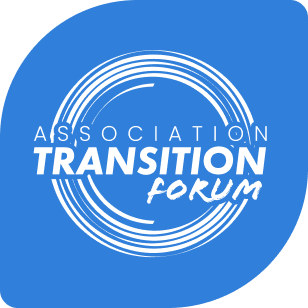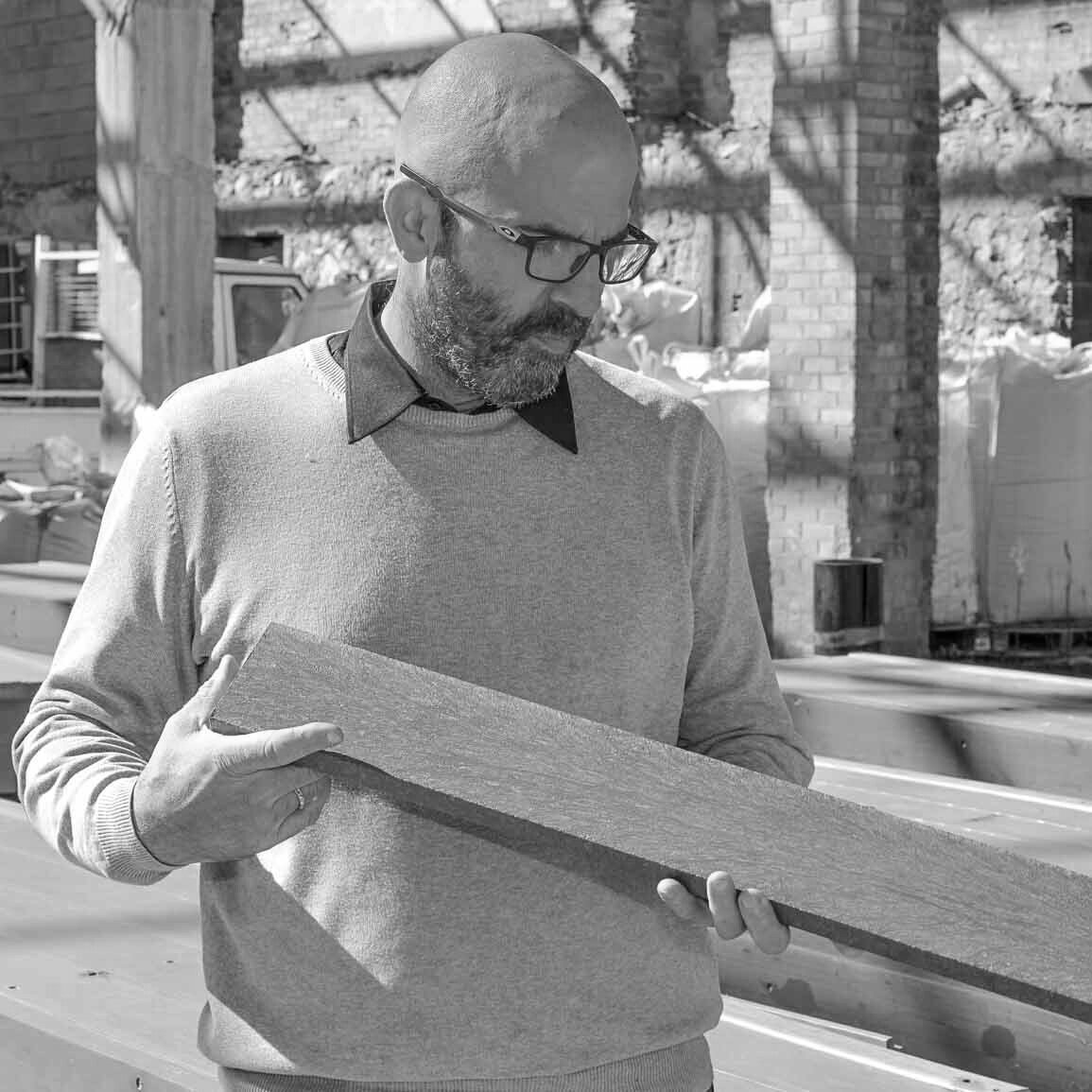3 Questions to Stéphane Testa, Founder of Carbon Blue
TF - What issues does Carbon Blue address?
ST - Our Carbon Blue companies respond to several issues that affect our society and that of the whole world:
-
Plastic pollution
Plastic is a fantastic material when it is well thought out, well used and, above all, multi-purpose. However, this is not the case for many plastics that end up buried in our soils, incinerated, or dumped in our oceans and seas producing irreversible and devastating pollution for the environment and our health. Some alarming figures: 50%[1] of plastic is used only once, 30[2] tons of plastic are dumped into the ocean every day, 1.23 million tons of plastic waste are thrown away every year in France. Only 14%[4] of used plastics are collected for recycling. It is important to find a process that can infinitely recycle plastic in a sustainable way.
-
Job insecurity and lack of training
Instability, job insecurity and unemployment are on the rise in the French labor market. The rate of precariousness reached 13.5%[5] in 2018, compared to 12.1% in 2014, and is still increasing. ¼ of French people are still looking for a more stable job with an indefinite duration. In addition, a major new issue has arisen: the quest for meaning in work; jobs that provide benefits for the environment and society. This issue is important because it affects the psychological and physical health of the employee.
TF - How does Carbon Blue respond to these issues?
ST - We are addressing these two issues in a concrete and sustainable way. We are not creating a revolution, we are just providing a viable and accessible solution.
-
Plastic pollution solution:
Carbon Blue has the knowledge and economical solution to give a second life to these end-of-life plastics. With our technology, we create high quality, durable and functional products made by designers. We create unique pieces such as chairs, tables, lamps, niches... designed entirely from 100% recycled and 100% recyclable plastics. These new plastic products allow us to stabilize carbon at a rate of 500 Kg of CO2 trapped per ton produced, which allows us to reduce our ecological footprint and that of our customers and partners. Our workshops have the capacity to process up to 30 tons of plastics and have a negative carbon footprint. Thus, we offer a perennial solution for plastic that would have been buried or incinerated. We are a real upcycling actor.
In addition, Carbon Blue meets 9 of the Sustainable Development Goals established by the United Nations member states (SDG 4: Education, SDG 5 - Gender equality, SDG 8: Economic growth, SDG 9: Industry and infrastructure, SDG 11: Sustainability, SDG 12: Responsible consumption, SDG 13: Climate action, SDG 15: Life on land, SDG 17: Partnerships).
-
Employment and training solution:
Our goal is for a Carbon Blue workshop to create an average of 1,000 plates per year by employing between two and three people locally. These collaborative, human-sized workshops are open to all passionate creators who want to bring their ideas to life. We allow any individual to become the owner of a workshop and to benefit from Carbon Blue's expertise and technique in order to participate in these new avant-garde trades thanks to a training program accessible to all. We value manual trades that require real technical and creative skills with a touch of passion.
We will also welcome schools and individuals in our workshops in order to raise awareness about recycling and make them actors of this circular economy. We wish to offer training to motivated young people who want to know more about overcycling and our techniques.
TF - What would be the ideal development scenario for Carbon Blue?
ST - We will open our second Carbon Blue workshop in August 2021 at the training center Ici Marseille in a container system. We then want to continue to develop our workshops at a larger scale:
-
In France, in certain target cities with great potential to host our workshops. We are targeting all areas with a potential of more than 10,000 inhabitants, which makes about 700 potential areas for us to set up in within the next few years. After Marseille, we are thinking of Lille as an excellent city to set up a plastic recycling workshop.
-
Abroad, we would like to duplicate our business plan where few solutions for plastic recycling exist and where there is a lack of employment. We have already targeted some interesting countries for the future: Kenya, Senegal, China, India, Brazil (all these countries have specific reasons). For example, we are going to participate in the conference on recycled plastic in India as a panelist, which will allow us to create a network in order to potentially open a workshop in India in the coming years.
-
In a nomadic way, as part of our development strategy, we will create 100% nomadic workshops in containers (at the end of their life). Thus, these nomadic workshops will be able to move to different cities in order to collect plastics as close as possible to the local people and offer products made on the spot.
Thus, our ideal scenario would be to be able to succeed in developing our workshops in the way described above. For this, we need more visibility and awareness for our Carbon Blue brand. We are currently working with Oxatis, to create a new website and to work on better referencing. We are also in contact with some magazines and newspapers to benefit from articles to highlight our workshops and our innovative products that offer a sustainable solution for our planet.
For us, moving forward together is a key to success, that's why we want to strengthen partnerships with public and private companies, associations but also schools. It is important for us to make ourselves known to the general public in order to recover their plastics, to make them aware of the cause of plastic pollution but also to make our products known for responsible and sustainable purchases. Networking with decision makers is important to us, it would allow us to work with them on products they need that follow an eco-design process, for example working with city councils for 100% recyclable street furniture such as benches or sports courses.
[1] Déchets plastiques : actualité et enjeux, 2018, ZeroWaste France. https://www.zerowastefrance.org/wp-content/uploads/2018/08/201806_note-zwf-enjeux-et-actualite-autour-du-plastique.pdf
[2] Fabien Soyez, En 2050, y aura-t-il autant de plastiques que de poissons dans les océans ? CNET France. https://www.cnetfrance.fr/news/en-2050-y-aura-t-il-autant-de-plastiques-que-de-poissons-dans-les-oceans-39917973.htm
[3] Laurent Rousselle, 2020. L’usine nouvelle, https://www.usinenouvelle.com/article/en-france-le-recyclage-des-dechets-plastiques-en-legere-hausse.N919834
[4] Slate.fr http://www.slate.fr/story/181188/recyclage-emballage-plastique-optimisation-economie-circulaire
[5] Inegalité , 3,7 millions de salariés précaires en France, 2019France, https://www.inegalites.fr/etat-precarite-emploi
Those 3 questions were written following the Transition Forum Call for Expressions of Interest. Carbon Blue is part of the top 20 selected projects.

